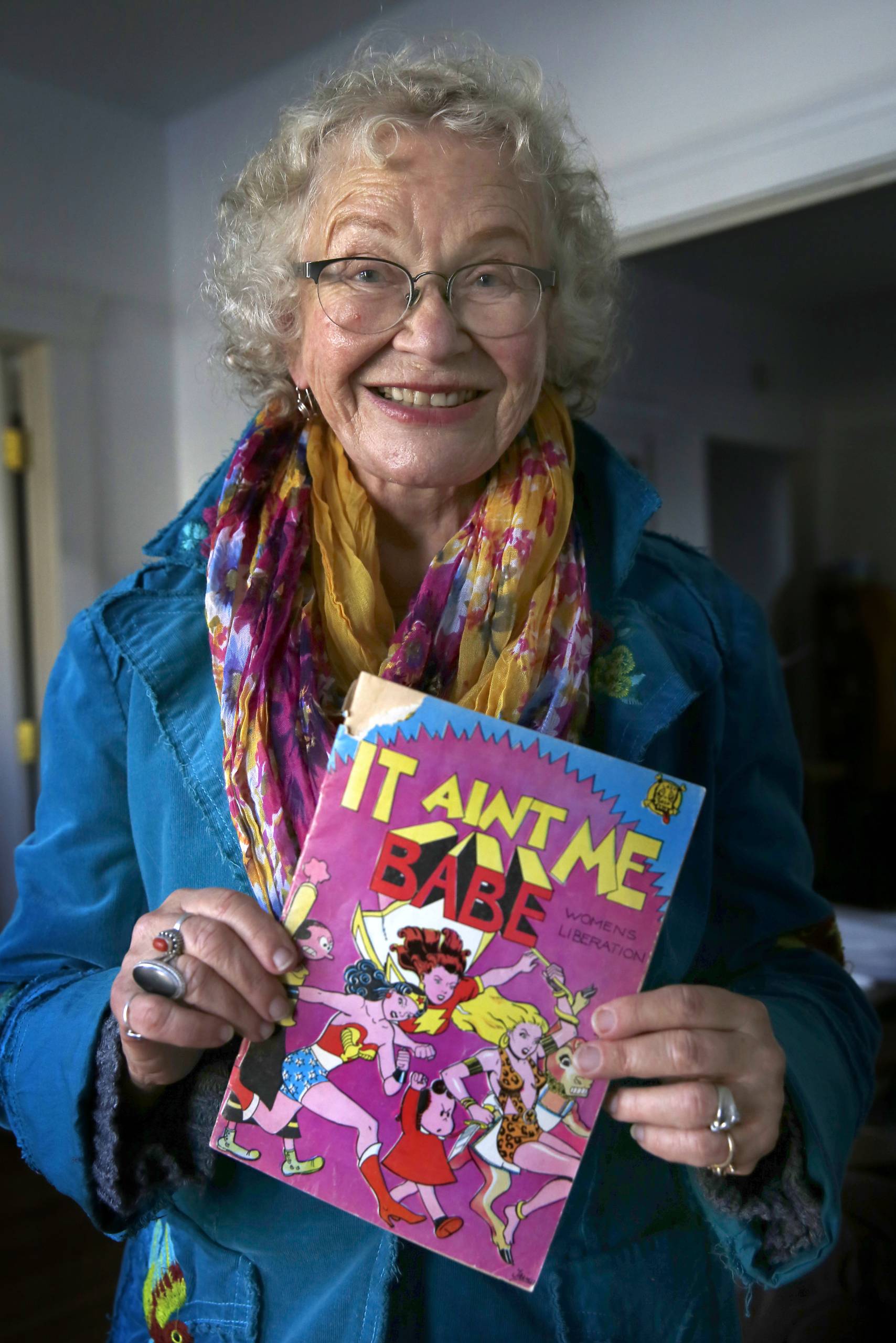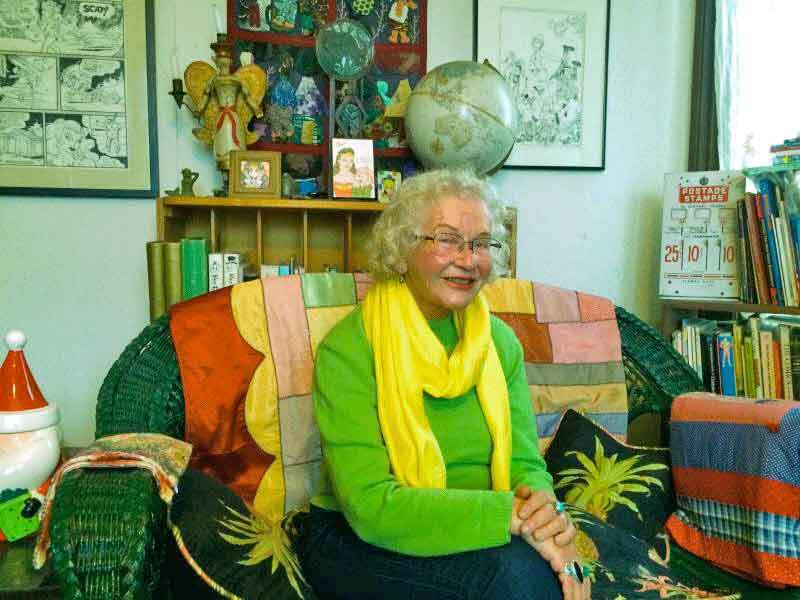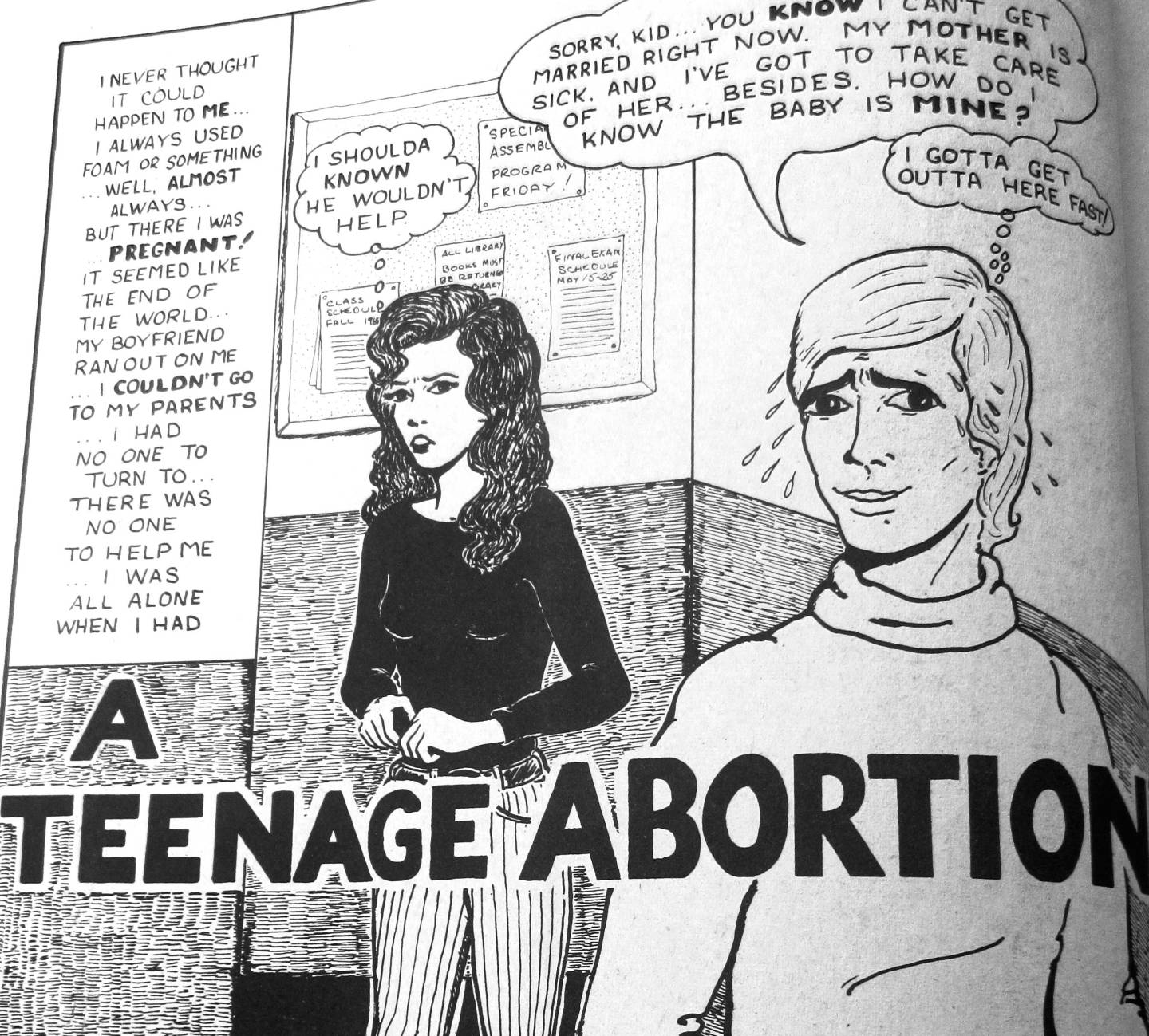
Trina Robbins, the groundbreaking San Francisco comic book artist, writer, editor and feminist, died on Wednesday at the age of 85. Robbins is primarily remembered for establishing — and popularizing — feminist comic books, raising women’s voices and for being the first woman to ever draw Wonder Woman comics.
The comic book world was quick to share its grief and reverence for Robbins and her work.
“You showed me what it looks like to lift up others,” Bay Area cartoonist MariNaomi wrote on Facebook, “how easy it is to do, and how much that small gesture can mean to a young artist. It can change their life.”
“She proved over and over that you didn’t have to be ‘one of the boys’ to make comics,” wrote the Canadian graphic novelist Miriam Libicki. “She made highly influential superhero and underground comics, she wasn’t afraid to be a reviled feminist ball-buster, and she did it all unapologetically as a fashion-loving femme.”

When Robbins first arrived in San Francisco from New York in 1970, she faced an underground comics scene that was thriving but still very much a boys’ club. Feeling shut out and lacking in collaborators, Robbins gathered together every female cartoonist she could find. Together, they made It Ain’t Me, Babe, the first collection of comics created entirely by women. Printed by San Francisco underground comics publisher Last Gasp, it was a swift hit, selling 40,000 copies in three printings. It was also a game-changer for comic book artistry in the Bay and beyond.


